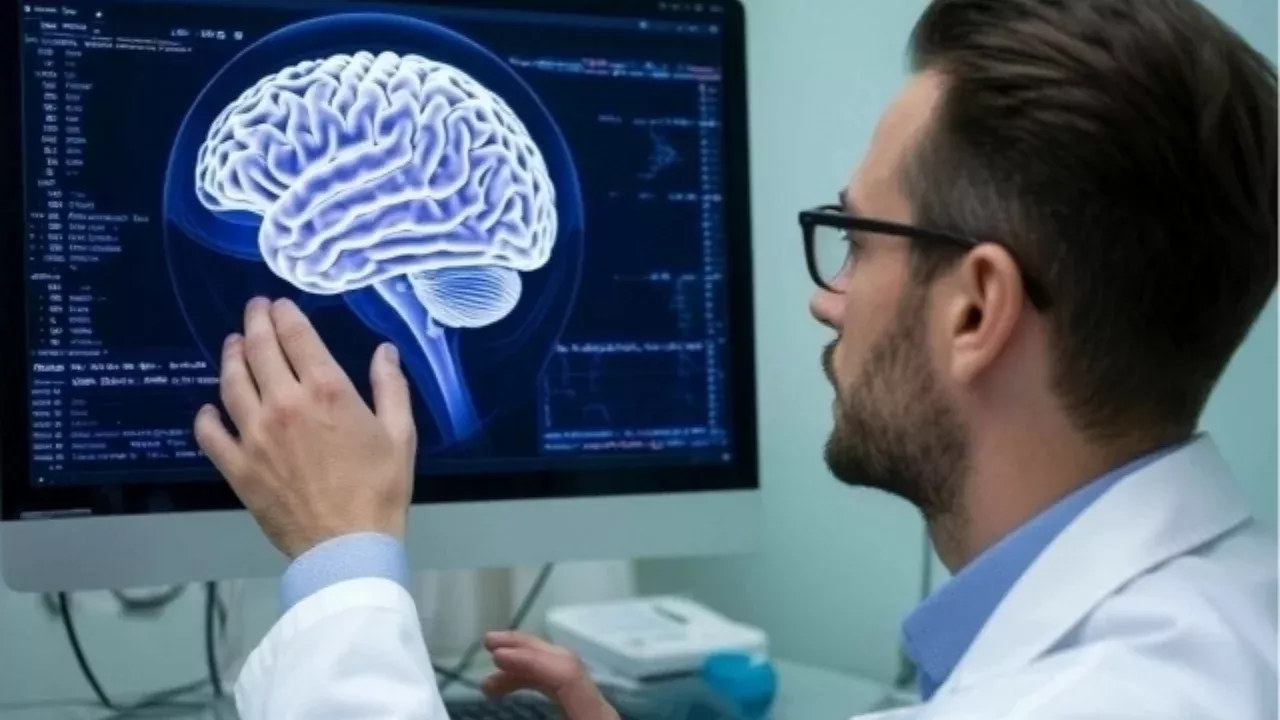Success of electronic transmitter to the brain in Munich

A new achievement has been recorded in the history of German medicine. This was reported by Zamin.uz.
Doctors at Munich Technical University implanted an electronic transmitter into the brain of a 25-year-old patient who was paralyzed from the neck down. This surgical procedure lasted five hours and is considered the first successful operation of its kind in Europe.
This technology is the result of collaboration between neurosurgery, artificial intelligence, engineering, and biomedical fields. The doctors implanted a total of 256 microelectrodes into the patient's brain.
These electrodes record neural signals related to human thoughts every day. A special artificial intelligence system analyzes these signals and identifies movement commands.
At the initial stage, the patient will be able to control a computer cursor and perform the "click" operation using the power of thought. Later, it is expected that they will learn to control a smartphone or a robotic arm.
This technology significantly narrows the boundary between humans and computers. The fact that technology begins to understand human thoughts is not only a new stage for science but also for human cognition.
Representatives of the Munich clinic emphasize that their main scientific competitors are located in the USA. In recent years, America has conducted many studies in this direction through Elon Musk's company "Neuralink."
This practice in Europe marks the beginning of a new era for similar technologies. It will not only improve the quality of life for paralyzed patients but also create the possibility of integrating human intelligence with artificial intelligence in the future.
Scientists consider it important to conduct such experiments carefully because every experiment related to brain activity affects human nature. At the same time, they emphasize that this technology will help disabled people achieve independent living in the future.







